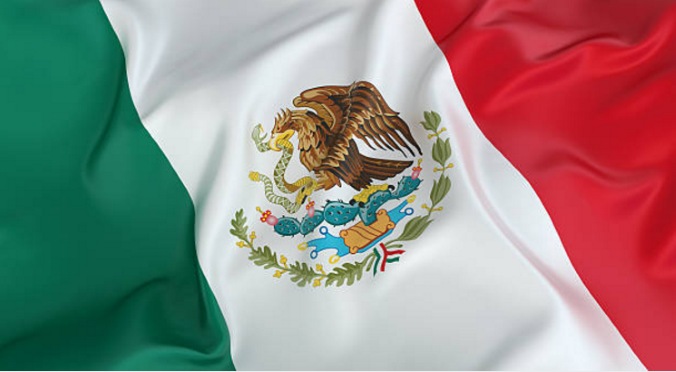It’s official. On June 19, 2017, Mexican President Enrique Peña Nieto signed a decree legalizing the use of medical cannabis.
Although the details of Mexico’s medical marijuana laws are still unclear, advocates are hopeful that this new development will bring relief to patients and a reduction in crime and violence to a country where an estimated 100,000 people have died in the past decade at the hands of the nation’s drug cartels.
The new law authorizes the Ministry of Health to draft and implement medical cannabis regulations, to oversee the national production of medical marijuana, and to develop research studies to assess the drug’s impact before expanding the program.
The passage of the bill received very little resistance, sailing through the Mexican Senate in December 2016 by a vote of 98-7 and the lower house of parliament in April by a margin of 347-7.
Even the country’s Secretary of Health, Dr. Jose Narro Robles, showed his support for the bill saying, “I welcome the approval of the therapeutic use of cannabis in Mexico.”
What the New Law Means
Peña Nieto’s decree effectively decriminalizes the possession and use of cannabis for medicinal and research purposes and legalizes the production and distribution of cannabis for medicinal and therapeutic uses.
However, don’t expect to see legalization for recreational use anytime soon. Mexico is a conservative country. A Nov 2015 poll found that 2/3 of Mexico’s citizens opposed decriminalizing marijuana. And in a country where 85% of the population is Catholic, the Catholic Church remains adamantly opposed to recreational marijuana use. In an editorial released in an archdiocese publication the Church stated, “A drug is a drug even if it’s sold as a soft medicinal balm. Bad Mexican copycats emulate the neighbor to put on the table of ‘sane democracy’ a bleak, absurd and counterproductive debate. Recreational marijuana is a placebo to ease the pain of the social destruction in which we irremediably wallow.”
The new law may function as little more than a placebo in its initial stages. Currently, the Ministry of Health will only allow cannabis with a tetrahydrocannabinol (THC) content of 1% or less, effectively relegating this to a CBD-only law rather than an actual medical marijuana program. While that may provide efficacy for certain neurological disorders such as epilepsy, many other diseases will not be effectively treatable without higher levels of THC.

